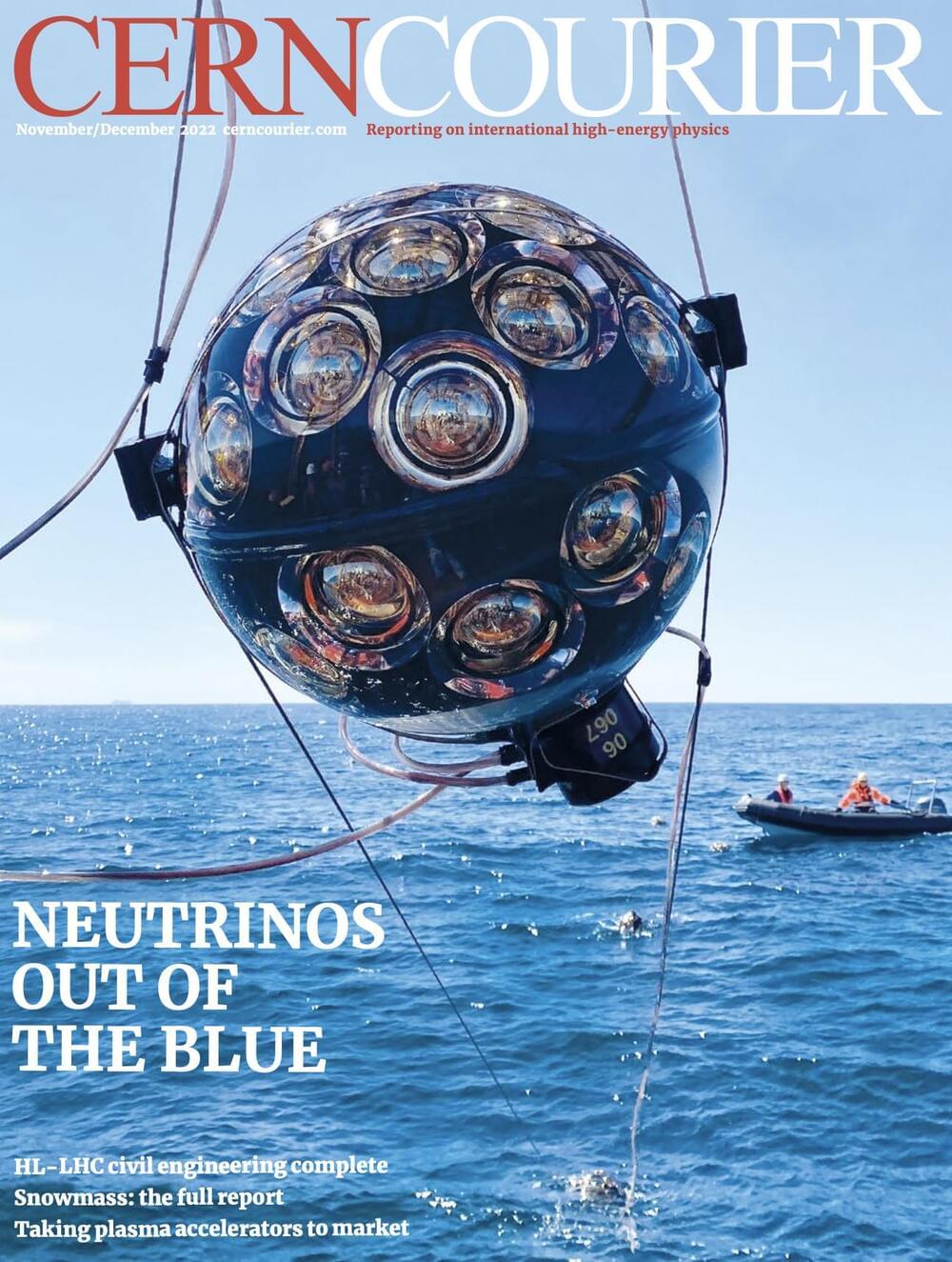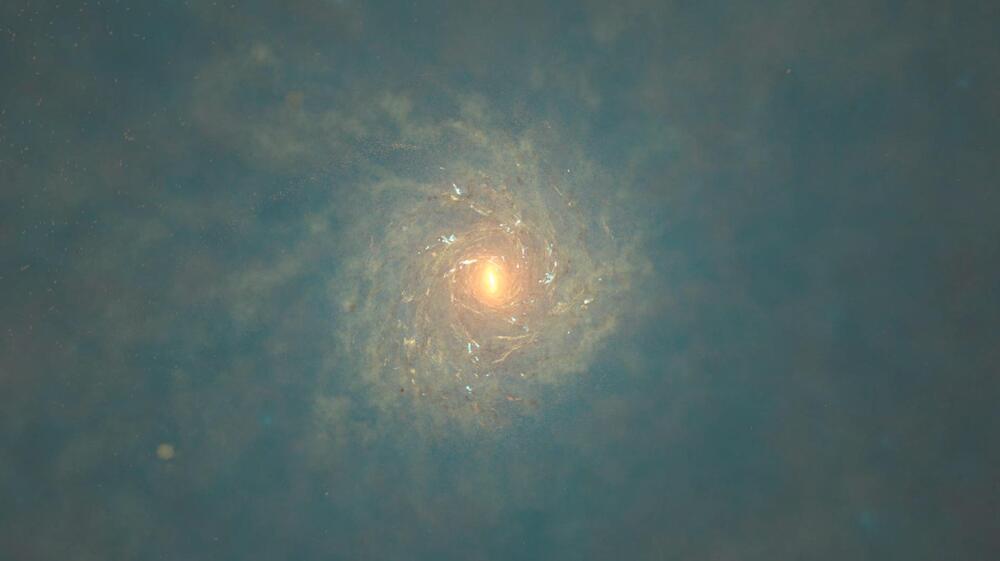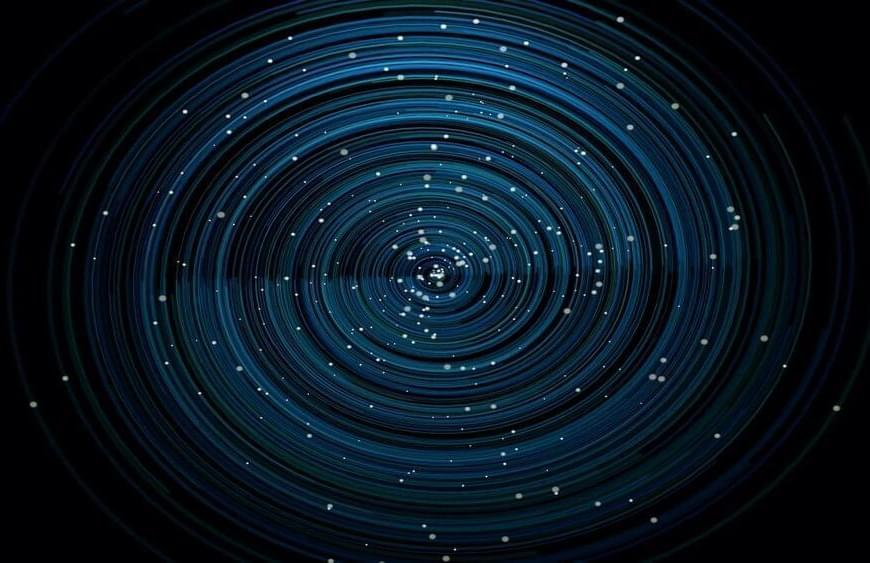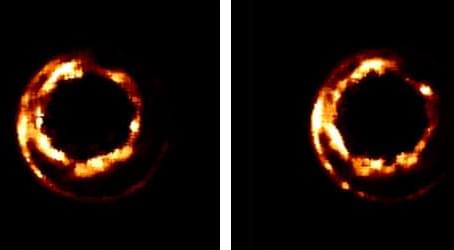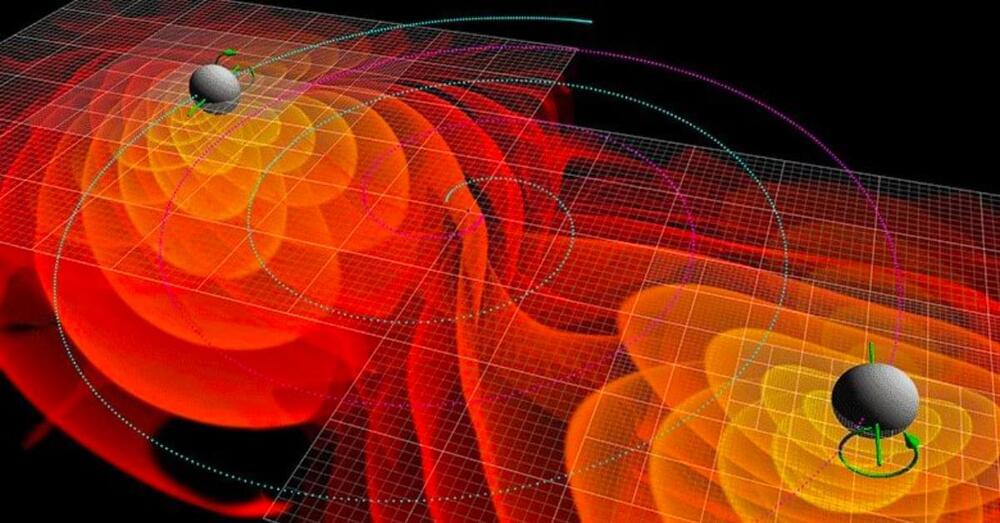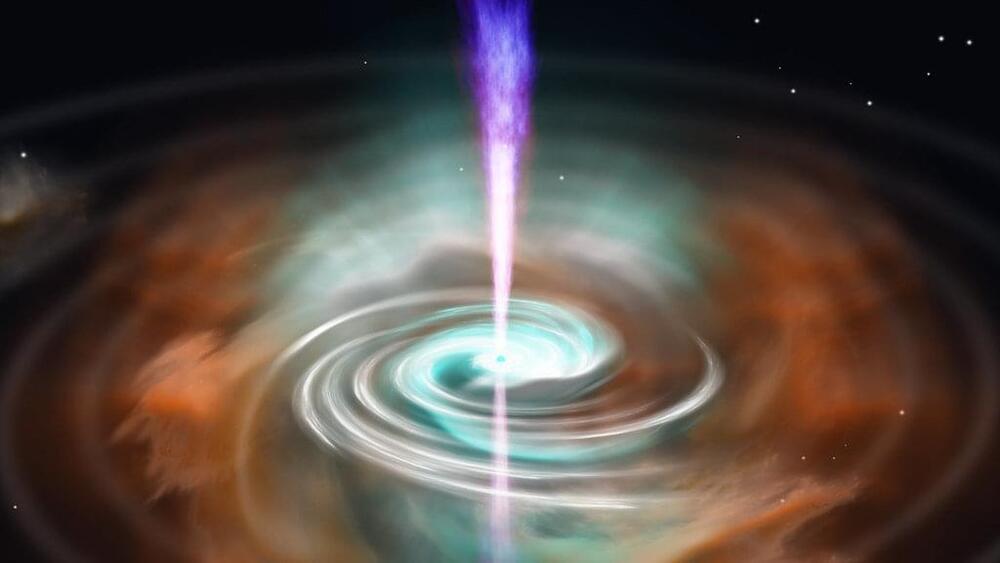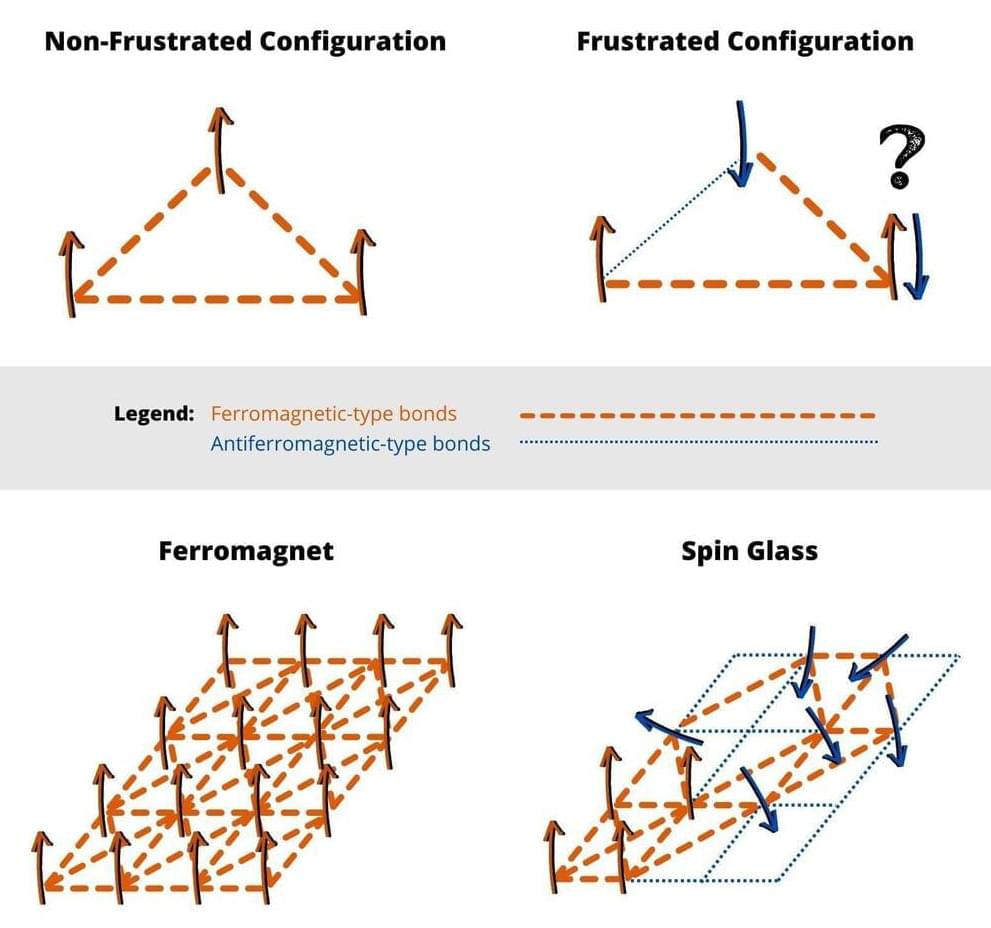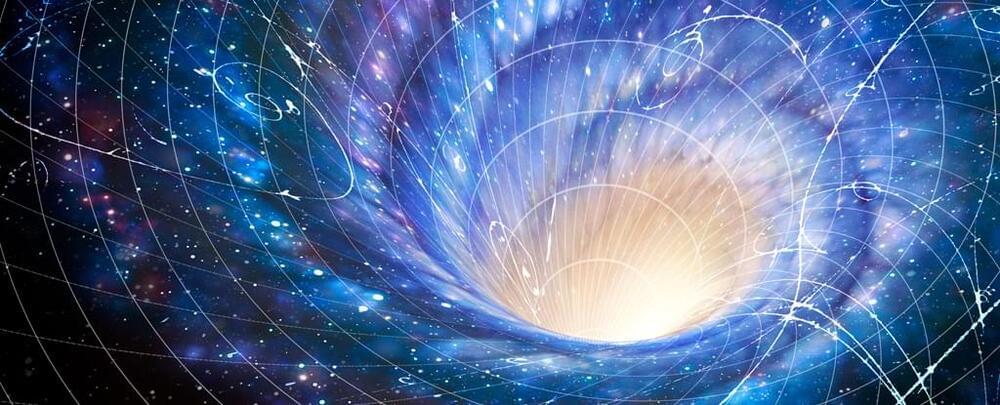As LHC Run 3 gets into its stride and the first results at a new energy frontier roll in (p5), all eyes are on what’s next: the High-Luminosity LHC (HL-LHC), scheduled to start operations in 2029. Civil engineering for the major upgrade is complete (p7) and new crystal collimators for HL-LHC operations are to be put to the test during the current run (p35). Looking beyond the LHC, how best to deal with the millions of cubic metres of excavation materials from a future circular collider? (p9), and a new project to explore the use of high-temperature superconductors for FCC-ee (p8). The HL-LHC and proposed future colliders also feature large in the recent US Snowmass community planning exercise (p23).
